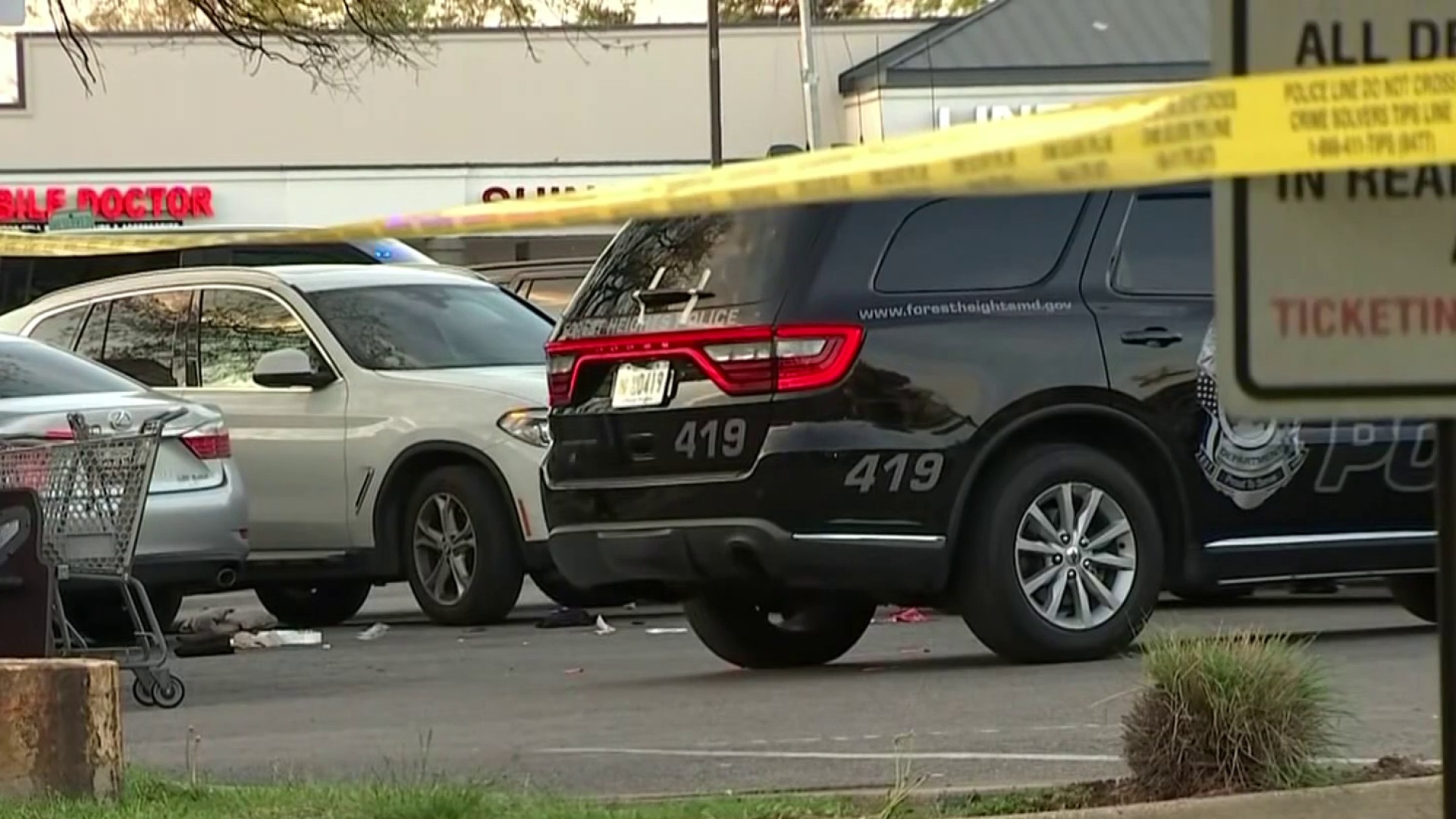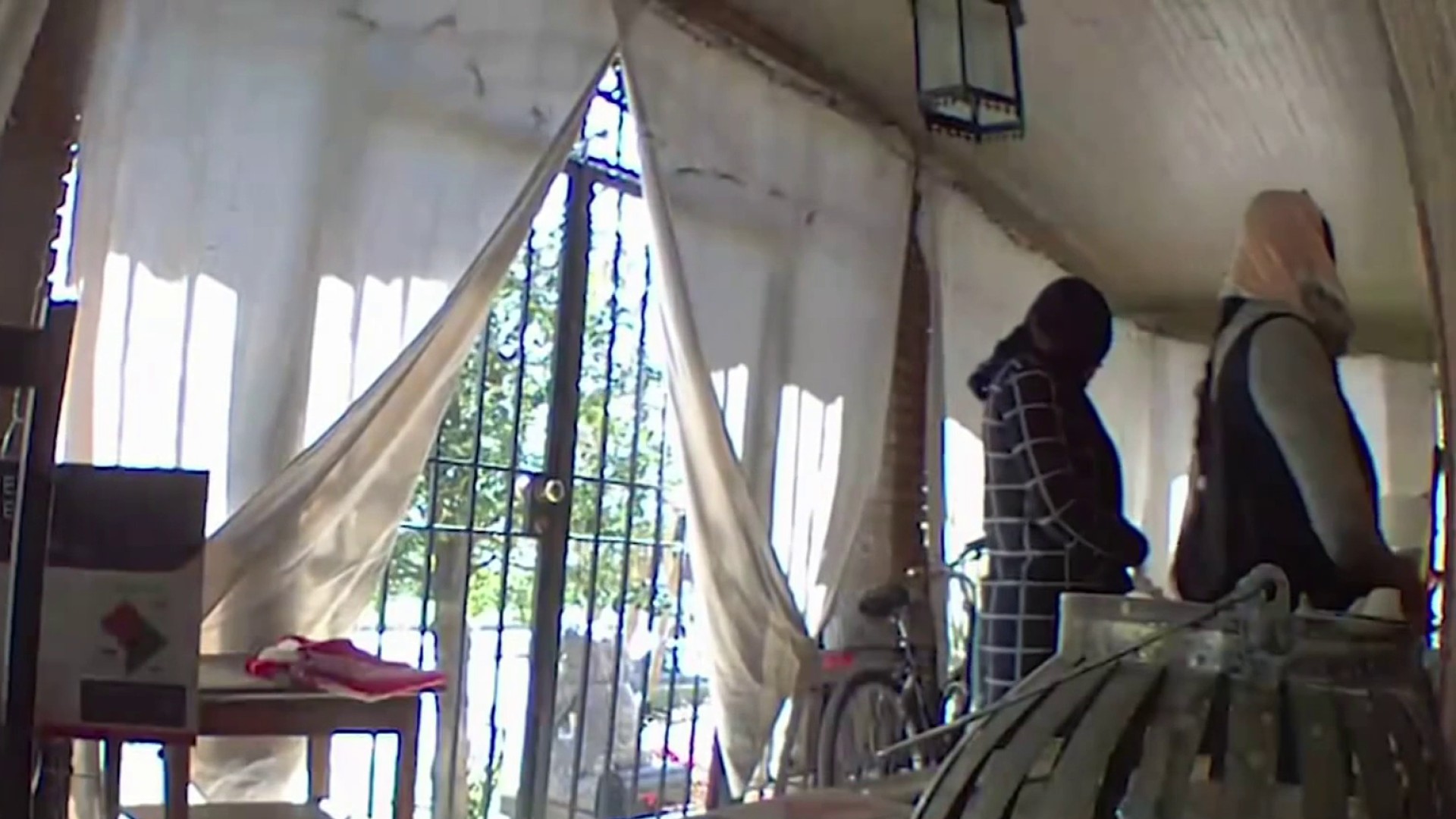The Maryland Senate has passed a minimum wage bill that would gradually bring the hourly rate to $15 an hour by 2028.
The bill will set Maryland's minimum wage to $11 at the start of 2020, and increase it incrementally over the next several years until it reaches $15. All workers will reach a $15 minimum by 2028.
The version of the bill that passed the Senate had provisions that slowed the increases for employers with 14 or fewer employees to give them time to adjust. It also contains caveats for businesses in Prince George's and Montgomery counties, which already had higher minimum wages than the Maryland minimum.
State Senator Cory V. McCray, who sponsored the bill, is confident that the workers who benefit from the wage hike will "inject that money back into our economy."
"Like the majority of our state's voters, the Maryland Senate recognizes that now is the time to raise the minimum wage to $15," McCray said in an email.
The House of Delegates now must pass the version with the new provisions, which it is expected to do.
Leo Gertner, a staff attorney for the National Employment Law Project, says the higher wages will help families be able to better support themselves.
Local
Washington, D.C., Maryland and Virginia local news, events and information
"This is a huge boost or hundreds of thousands of Maryland families who are going to be that much closer to paying rent," Gertner said.
Republican Gov. Larry Hogan has in the past opposed minimum wage hikes, saying they're bad for business. He is joined by chambers of commerce in his concerns that states like Virginia, which recently voted down a measure to increase its own minimum wage, will draw away businesses with cheaper labor.
Gertner argues that those concerns have been refuted by academic research.
"It's just a scare tactic that we see time and again that opponents use," Gertner said.
If Hogan decides to veto the bill, it could still go into law because it was backed by a supermajority in the Senate.
Hogan also has the option to allow the bill to pass without his signature, in which case it would go into effect.



